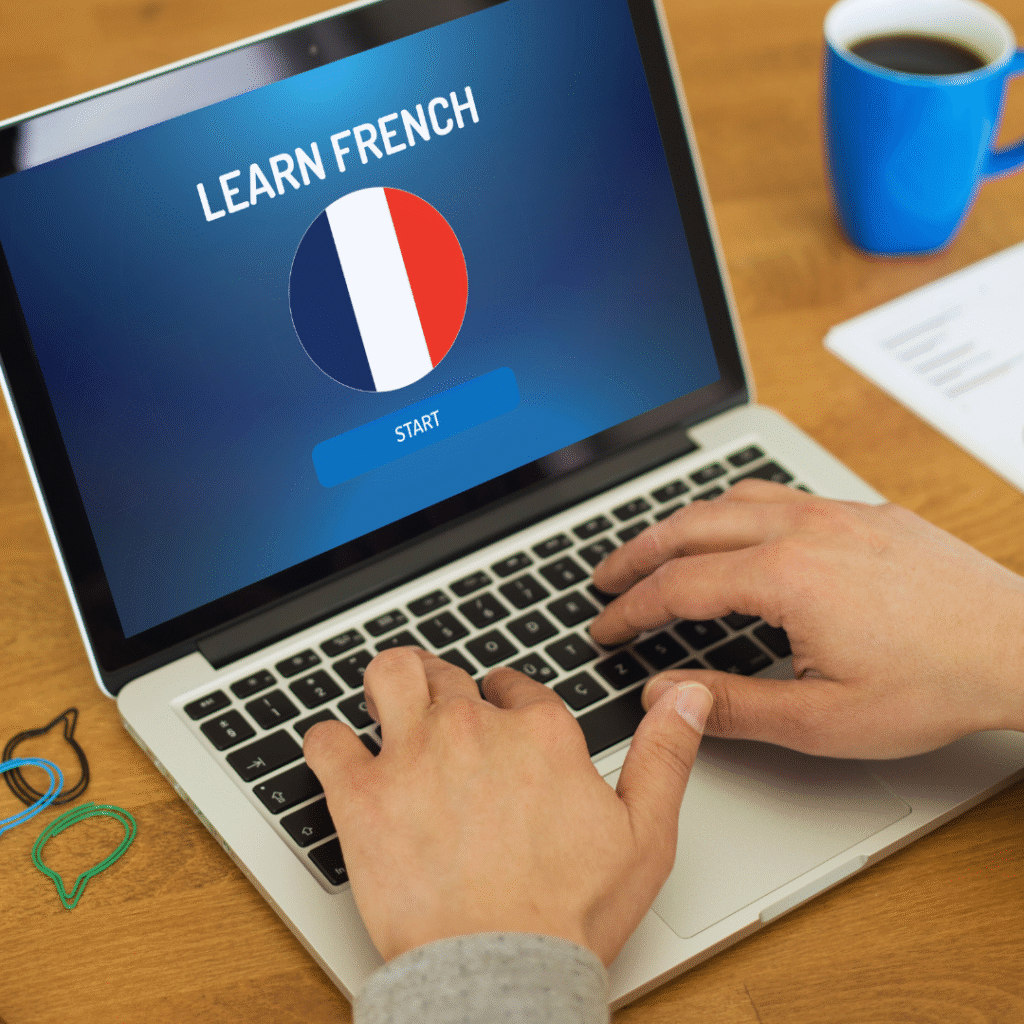Visiting France can be an exciting experience, but knowing a few essential phrases can significantly enhance communication and interaction. Learning basic French greetings and polite expressions helps to create a positive atmosphere, fostering goodwill among locals.
Navigating menus, asking for directions, or making a purchase can become smoother with a grasp of key phrases. Engaging with the language not only improves the travel experience but also shows respect for French culture.
Being equipped with these phrases enables travellers to immerse themselves more fully in their surroundings, making the journey memorable. Understanding even simple expressions can lead to richer interactions and a deeper appreciation of the local lifestyle.
Fundamental French Phrases Every Traveller Should Know
Mastering key French phrases can significantly enhance a traveller’s experience in France. By knowing essential greetings, polite expressions, and basic communication phrases, one can navigate social interactions with ease.
Greetings and Polite Expressions
Basic greetings set the tone for interactions in France. Familiarity with these phrases helps establish rapport with locals. Here are some fundamental expressions:
- Bonjour (Good day) – Use this during the daytime; it’s a standard greeting.
- Bonsoir (Good evening) – Ideal for evening encounters, signalling respect.
- Salut (Hi) – A casual greeting among friends.
Polite expressions are equally vital:
- S’il vous plaît (Please) – Essential for making requests courteously.
- Excusez-moi (Excuse me) – Useful when trying to get someone’s attention.
Mastering these phrases will pave the way for a more pleasant travel experience.
Essential Communication Basics
Effective communication is crucial when navigating a foreign environment. Some phrases that come in handy include:
- Ça va? (How are you?) – A friendly way to check on someone’s well-being.
- Je ne comprends pas (I don’t understand) – Important when clarity is needed.
- Parlez-vous anglais? (Do you speak English?) – Useful for seeking assistance.
Being upfront about language barriers fosters open dialogue. Knowing these essential phrases alleviates potential frustrations during travel.
Expressing Gratitude and Apologies
Gratitude and politeness play a significant role in French culture. Key phrases in this category include:
- Merci (Thank you) – Use this frequently to express appreciation.
- De rien (You’re welcome) – A polite response to ‘thank you’.
- Je suis désolé(e) (I’m sorry) – Important for expressing regret or addressing mistakes.
Understanding how to convey thanks and apologies will enhance the respect shown to locals, fostering goodwill during travels.
Navigating Conversations and Understanding
Effective communication enhances any trip to France. Knowing how to ask for help, clarify information, and engage in small talk is essential for a smooth experience.
Asking for Help and Directions
When in need of assistance, phrases like “Où est…?” (Where is…?) are invaluable. For example, to find the city centre, they might ask, “Où est le centre-ville?” This can be followed by “Je ne comprends pas” (I don’t understand) if further clarification is needed.
It’s also useful to inquire if someone speaks English. They can say, “Parlez-vous anglais?” (Do you speak English?). This shows respect for the local language while seeking assistance.
For practical directions, it’s helpful to know simple terms: “à gauche” (to the left), “à droite” (to the right), and “tout droit” (straight ahead). These phrases will enhance their ability to navigate effectively.
Clarifying and Checking Understanding
Miscommunication can occur easily. To clarify, he or she can use “Comment dit-on…?” (How do you say…?). For example, when learning new words or phrases, they may ask, “Comment dit-on ‘bank’ en français?” (How do you say ‘bank’ in French?).
If something is unclear, “Je ne comprends pas” can be used to openly express confusion. They might also repeat a phrase in a different manner, seeking confirmation.
Additionally, a simple nod or a smile helps convey engagement, and asking follow-up questions like “Pouvez-vous répéter, s’il vous plaît?” (Can you repeat, please?) encourages the other person to assist further.
Introducing Yourself and Making Small Talk
Making a good impression begins with introductions. They can confidently state, “Je m’appelle [Name]” (My name is [Name]). This sets a positive tone for interactions.
After introductions, engaging in small talk can foster connections. Questions like, “Comment ça va?” (How are you?) or “D’où venez-vous?” (Where are you from?) are effective starters.
Using simple topics such as weather or local events can create rapport. If someone mentions an interest, they can express common ground by saying, “Moi aussi, j’aime ça.” (Me too, I like that.) Building these conversational bridges enhances the travel experience and encourages friendly exchanges.
Practical French for Travel and Daily Situations
Mastering essential phrases can significantly enhance the experience of travelling in France. Knowing how to communicate effectively in key situations will make daily interactions smoother and more enjoyable.
Accommodation and Reservations
When checking into a hotel or making a reservation, specific phrases can be very helpful. For example:
- “J’ai une réservation.” (I have a reservation.)
- “Avez-vous une chambre disponible?” (Do you have a room available?)
It’s also important to clarify the type of room. They can ask:
- “Une chambre single, s’il vous plaît.” (A single room, please.)
- “Quel est le prix par nuit?” (What is the price per night?)
If adjustments are needed, phrases like “Je voudrais changer ma réservation” (I would like to change my reservation) can be used. Understanding key terms related to accommodation makes the experience more comfortable.
Dining, Cafés, and Ordering
Dining in France often involves specific etiquette and vocabulary. To order food, one might say:
- “Je voudrais…” (I would like…)
For example, “Je voudrais un café, s’il vous plaît” (I would like a coffee, please).
Understanding the menu is essential. Phrases like:
- “À la carte” (Off the menu) and
- “Quelle est la spécialité de la maison?” (What is the house speciality?)
can enhance the dining experience. At the end of a meal, asking for the bill is straightforward: “L’addition, s’il vous plaît.” (The bill, please.)
Transport, Tickets, and Getting Around
Navigating public transport in France requires practical phrases. At a train station, he or she might ask:
- “Où est la gare?” (Where is the station?)
- “Un billet pour Paris, s’il vous plaît.” (A ticket to Paris, please.)
Clarifying ticket preferences is also useful, such as “Un aller simple, deuxième classe.” (A one-way ticket, second class.)
When seeking information, questions like:
- “Combien ça coûte?” (How much is it?) can aid in obtaining fares.
Familiarity with transport terms ensures effortless travelling between locations.
Shopping and Asking Prices
Effective communication while shopping can enhance the experience. Key phrases include:
- “Combien ça coûte?” (How much does it cost?)
- “Puis-je essayer ceci?” (May I try this on?)
When discussing prices, understanding terms like “c’est trop cher” (it’s too expensive) can help in negotiations.
Sales assistants often use phrases such as:
- “Nous avons une promotion.” (We have a promotion.)
This knowledge can assist in finding good deals. Knowing these expressions will make shopping more efficient and enjoyable.
Directional and Location-Based Vocabulary
Understanding directional language is crucial for navigating France’s cities and towns. Familiarity with these phrases will help him or her move confidently through urban areas and seek help when needed.
Finding Your Way
Knowing how to ask for directions can make a significant difference in the travel experience. Key phrases include:
- Où est…? (Where is…?)
- À droite (To the right)
- À gauche (To the left)
- Tout droit (Straight ahead)
These phrases can assist him or her in locating specific addresses or landmarks. For example, asking “Où est la gare?” means “Where is the train station?” It is helpful to recognise that directions are often given in relation to significant landmarks, such as “près de” (near) or “loin de” (far from).
Navigating Streets and Public Spaces
When navigating streets, familiar terminology simplifies interactions. Important phrases to use include:
- C’est à côté de… (It’s next to…)
- C’est derrière… (It’s behind…)
- C’est devant… (It’s in front of…)
He or she may also encounter signs in both French and English, but familiarity with key terms enhances comprehension. Knowing phrases like “Je cherche…” (I am looking for…) will help when asking locals for assistance navigating to the city centre or other locations.

